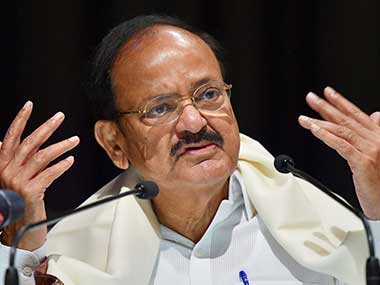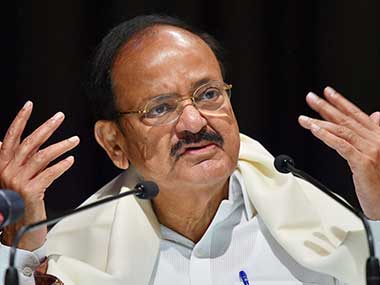It seems the Vice-President of India is in favour of establishing regional benches of the Supreme Court in different parts of India. Venkaiah Naidu has endorsed the recommendation of the Parliamentary Standing Committee on Law and Justice to establish a regional bench in Chennai on a trial basis. The reason highlighted by him is to ensure that people have better access to courts. It’s a rather common theoretical proposition that people who stay farther from the court would have lesser access to it. Data shows that this problem of access is not merely theoretical but very real. An empirical analysis of the Supreme Court dockets by Nick Robinson reveals the unfair advantages enjoyed by the litigants from the states near New Delhi and the wealthier states in accessing the Supreme Court. For example, in 2011, 29.2 percent of appeals which were filed in the Supreme Court originated from Punjab and Haryana and Delhi. This trend is despite the fact that other high courts such as Bombay and Allahabad have a much higher annual disposal rate than Punjab and Haryana and Delhi.[caption id=“attachment_5185221” align=“alignleft” width=“380”]  File image of Vice President of India Venkaiah Naidu. PTI[/caption] This advantage of geographic proximity is most pronounced in the states closest to New Delhi. After a certain threshold, relative distance does not seem to affect litigant behaviour to a great extent. According to Robinson, beyond a point, all distances seem to impose similar disadvantages and relative proximity does not provide any decisive convenience. This advantage of geographic proximity to the Supreme Court is also visible when the number of appeals to the Supreme Court from a state is calculated as a percentage of the total number of disposals by the high courts of such state. Thus, it was found that on an average, 9.3 percent of decisions by the Delhi High Court are appealed to in the Supreme Court. The numbers for Uttarakhand and Punjab and Haryana are 5.8 percent and 7.4 percent. For the four southern states of Karnataka, Kerala, Andhra Pradesh and Tamil Nadu (there was no state of Telangana in the time period covered in the study), the proportion of appeals from their decisions is below 3 percent. Not a single state from east India breached the 2.2 percent ceiling. All the seven states which had a higher proportion of appeal to the Supreme Court than the national average of appeals from high court judgments were either geographically proximate to New Delhi or could be classified as wealthy states in terms of their per capita income. While the data might suggest that centralisation of the Supreme Court’s location affects the public’s access, the decision to establish regional benches of the Supreme Court is not going to be a simple one. The approach of the judges in the Supreme Court is as yet unclear. One can hope that their attitude will not be governed by concerns about the dignity of the court and the convenience of the judges. However, a significant hurdle might come from lawyers based in New Delhi. Creation of regional benches will mean that the volume of business for lawyers based in New Delhi will reduce drastically. Currently, lawyers from other states depend on their contacts in New Delhi to pursue a matter in the Supreme Court. Once lawyers can access a regional bench closer to home, this dependence will vanish. The response of lawyers to proposals for the establishment of high court benches suggests that lawyers based in New Delhi are not going to be pleased with the idea of establishing regional benches. For example, there has been a long-gestating demand for a high court bench to be established in the western part of Odisha. This demand has been consistently resisted by lawyers and bar associations situated closer to Cuttack, the current seat of the high court. It will require considerable political will by the government and support from the judiciary for such regional benches to be established. In the past the government has objected to the creation of National Courts of Appeal with regional benches as that would require divesting the Supreme Court of a part of its jurisdiction. Creating National Courts of Appeal would also require substantial amendments to the Constitution requiring ratification by state legislatures. However, such complexities are not involved in establishing regional benches of the Supreme Court. Regional benches of the Supreme Court can be established by the Chief Justice with approval from the President of India under Article 130. It can be achieved through administrative initiatives and does not require legislative approval. The Law Commission of India has already endorsed this approach. It is important for the Supreme Court and the government to consider this issue for what it is; ensuring access to justice for those who are disadvantageously situated in the current scheme of things. There will obviously be logistical issues involved. There might also be resistance from vested interests who are going to be adversely impacted by such a decision. However, all such issues must be secondary to the central value of ensuring equitable access to justice to the people in the country, in all parts of the country. The author is a Fulbright Post-Doctoral Research Scholar, Harvard Law School.
While the data might suggest that centralisation of the Supreme Court’s location affects the public’s access, the decision to establish regional benches of the Supreme Court is not going to be a simple one.
Advertisement
End of Article


)

)
)
)
)
)
)
)
)



